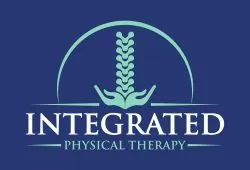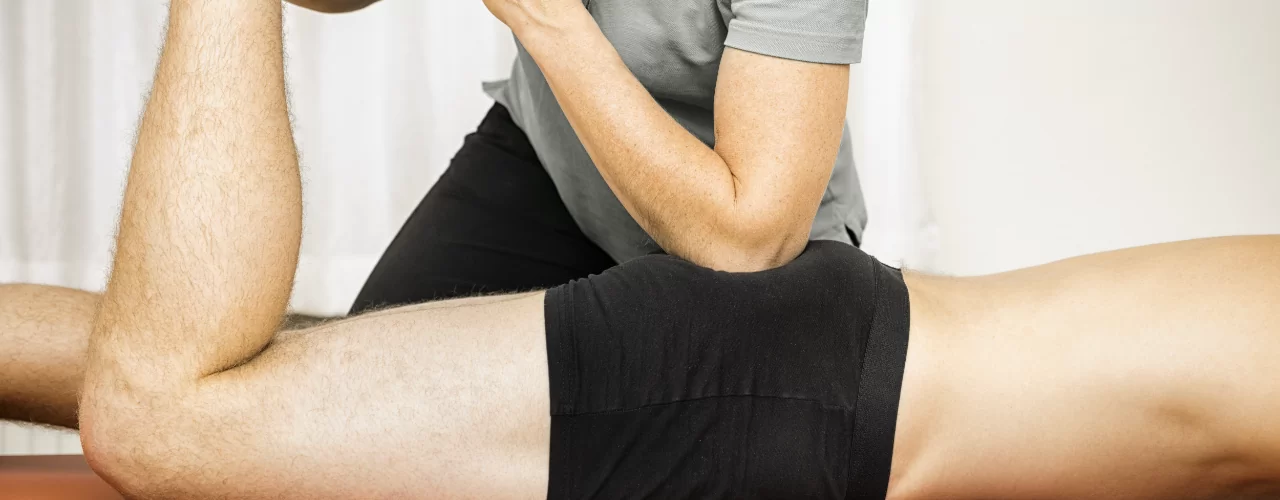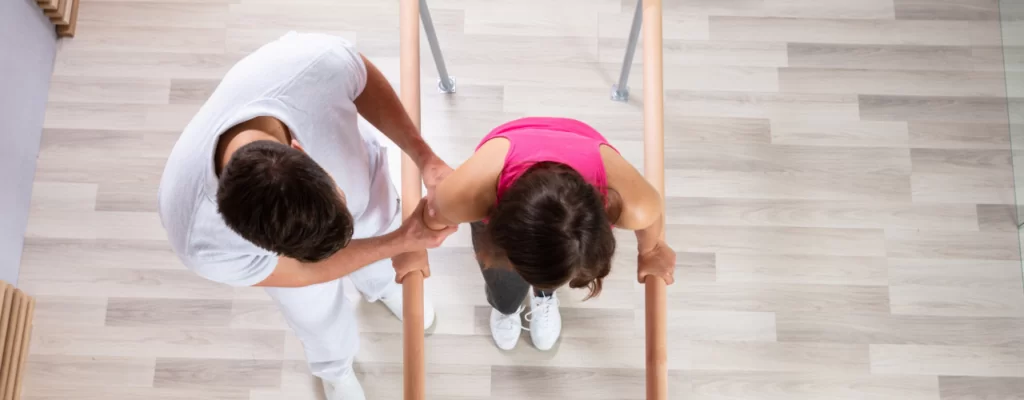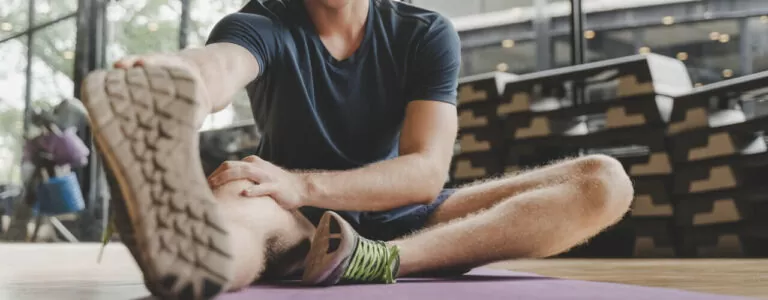How Physical Therapy Can Help Levator Ani Syndrome
Physical therapists are experts in helping people find pelvic floor relief.
Have you been struggling with rectal pain after intercourse or high levels of stress? Do you experience pain in the tailbone unrelated to a bowel movement? You may be suffering from Levator Ani Syndrome.
Levator Ani syndrome is a medical condition characterized by chronic anal pain. This condition is most commonly intermittent and is caused by tight pelvic floor muscles. The pelvic floor supports the rectum, bladder, urethra, and in women, it supports the uterus and vagina.
Fortunately, at Integrated Physical Therapy in McKinney, our physical therapists are here to help. Call today to make an appointment. With guidance from our pelvic floor experts, you will find solutions that work!
What is Levator Ani syndrome?
The levator ani is a group of muscles located in the pelvic floor. Your pelvic floor is a group of muscles found at the bottom of your pelvis in the genital and anal region. A spasm of these muscles is called Levator Ani Syndrome. The exact cause is unknown.
When the muscles of the pelvic floor spasm, they can cause spontaneous pain while sitting, during sexual intercourse and when attempting to alleviate the bowels or bladder. In severe cases, the rectal pain may recur frequently and may last for several hours.
How physical therapy can help you find relief
At Integrated Physical Therapy in McKinney, our physical therapists know the treatment strategies to relieve you. Our physical therapists specialize in treating the pelvic floor.
At your first visit, your physical therapist will perform a thorough physical examination and provide you with solutions that work based on the findings.
Treatment will include:
- Relaxation techniques to find relief when the pain comes
- Home exercises to stretch and relax the muscles of the pelvic floor
- Education on the function and how to retrain these muscles
- Biofeedback along with daily relaxation techniques
Physical therapy is the ideal tool for providing you with an opportunity to understand what may be causing your pain and help you retrain the muscles and alleviate the pain associated with levator ani syndrome.
Call Integrated Physical Therapy today for an appointment
Our physical therapist today will provide you with a comprehensive assessment and ensure your comfort and privacy. Call today for an appointment, and let us help you alleviate the pain and get you back to everyday life!
Sources
Recenti Prog Med. 2011 May;102(5):196-201.
Treatment of levator ani syndrome: update and future developments
Giuseppe Chiarioni
Management of Dyspareunia and Associated Levator Ani Muscle Overactivity
Kimberly A Fisher
Physical Therapy, Volume 87, Issue 7, 1 July 2007, Pages 935–941,




